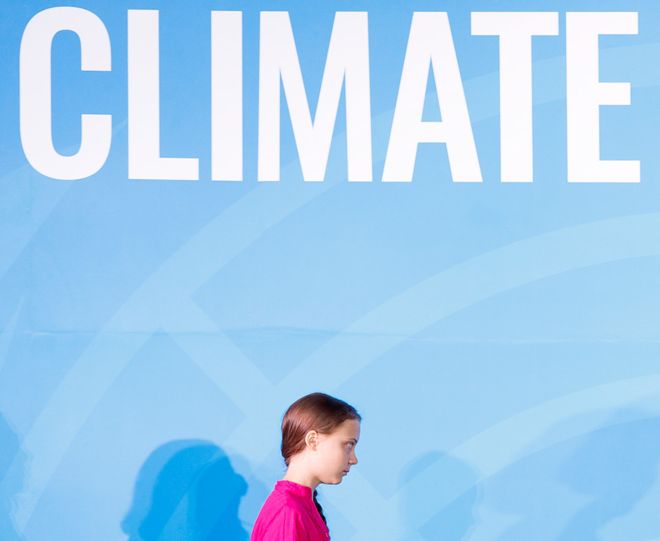Many certainly feel like the world is getting dumber. There’s plenty of data to contradict that. Average global IQ is increasing, more and more people are getting access to education. But that doesn’t necessarily mean we are getting smarter either.
There are plenty of other factors at play, such as overpopulation, more people to educate makes it more difficult to get to everyone. Politics and economy also plays a role, as well as society introducing things like pseudoscience. Social media is a major factor these days as well, being many peoples main information source.
But what about genetics?
Intelligent people tend to reproduce more carefully and strategically. So dumb people are having more children.
It has long been a question whether this plays a significant role, is our gene pool being destroyed by stupid people? If that is the case, how are we still advancing scientifically and technologically?
A new study attempts to tackle this problem. deCODE, a genetics firm in Reykjavik, Iceland has performed a study with 100000 people spanning a 65 year period.
The researchers where looking for genes that correspond to a ‘desire for educational attainment’.
And they did find a seemingly slight decay in the prevalence of those genes.
Writing in the Proceedings of the National Academy of Sciences the researchers estimate that it corresponds to a drop in IQ of about 0.04 points per decade. If all the genes that contribute to education were included, they add, that figure might rise to 0.3 points per decade.
Kari Stefansson who led the study had the following to say:
“The cumulative effect over time means this is going to have a dramatic effect on the genetic predisposition to educational attainment, and unless something comes along to counteract that, it could have a profound effect on educational attainment in our society,”
Of course not everyone is convinced. Why would our number one survival trait disappear?
Melinda Mills, professor of sociology at Oxford University had the following to say:
“The education we have, when we have children and how many, is largely socially and environmentally determined. It overrides the genetic effect. Over the years, we’ve had an expansion in education and women can now have three to four more years of education than they did in 1910.”
“There is definitely a genetic overlap between higher educational attainment, having children later and having fewer children. But whether you can say that results in changes over time, and in evolution, I’m not so sure,”
Mills added. “To have natural selection and evolution you need something to be happening in a consistent manner over many generations.”
Stefansson concedes that changes in education can swamp any genetic effects, writing that IQ scores rose by nearly 14 points between 1932 and 1978, as technological and socioeconomic changes boosted education on a mass scale. “There are all kinds of things in the environment that may prevent this decline having all that much impact on the true education that people receive,” he said.
Ewan Birney, director of the European Bioinformatics Institute in Cambridge, said he feared the study could be misinterpreted as saying that education was determined by genetics, so those who struggled at school could not be helped by improved teaching. “This is not right, and I cannot emphasise this enough,” he said.
“Although the effect of the polygenic score for educational attainment on fertility is weak and needs replication in populations other than Iceland, this study is a harbinger for the new directions in research that will be possible as bigger and better polygenic scores come online,” Plomin added
In conclusion, some evidence has finally been found that we can indeed breed away our hallmark intelligence. But that the effect is minor and can thus be prevented if we as a species decide to procreate more responsibly.
Further studies are needed but personally I think this is enough of a wake up call.






